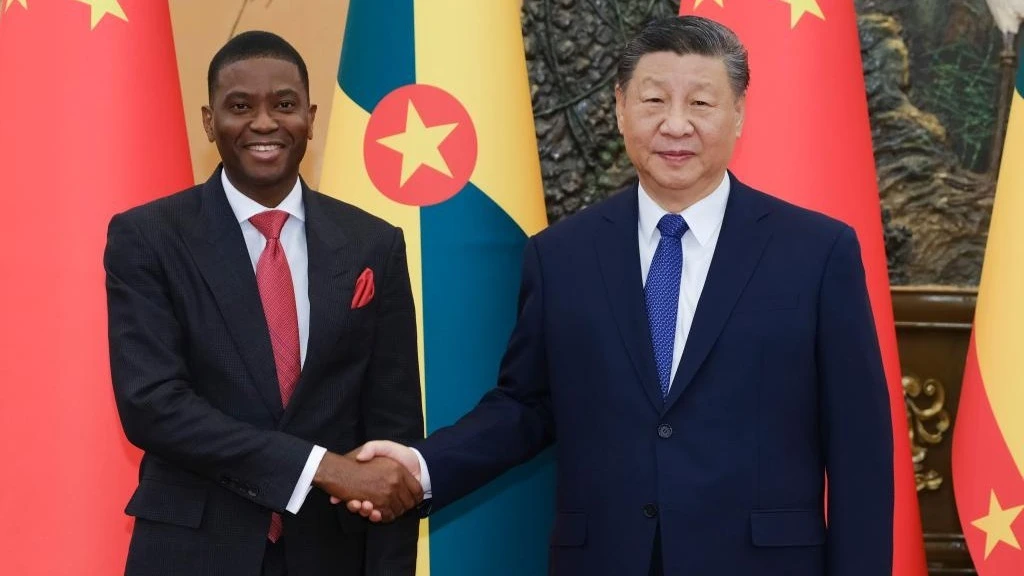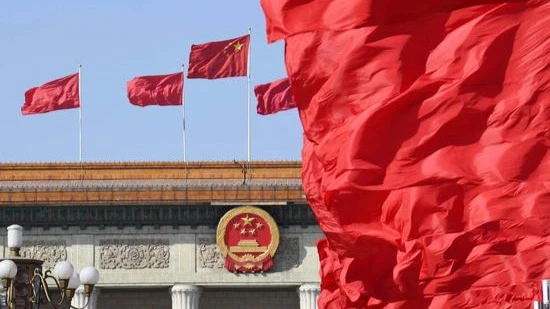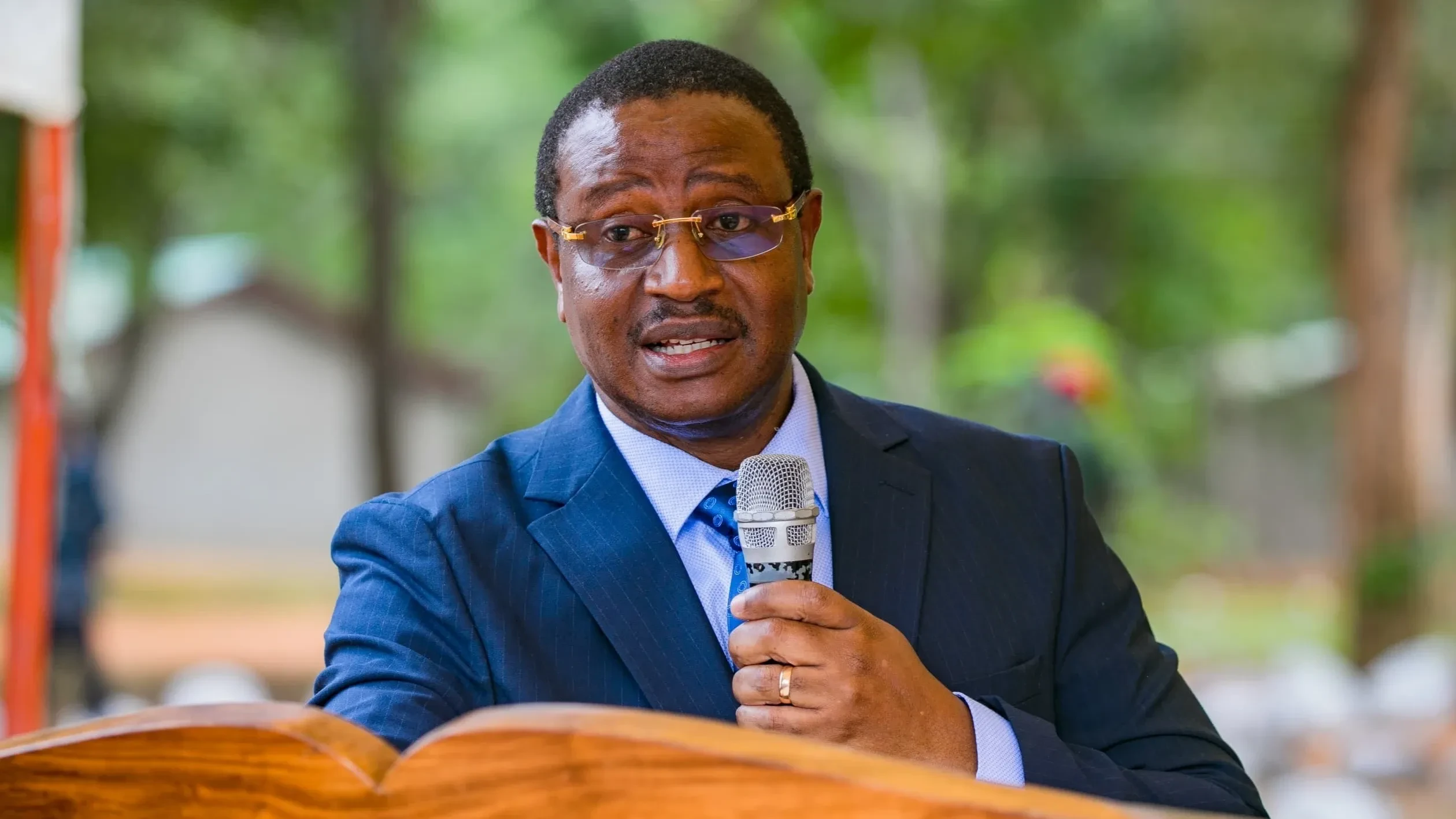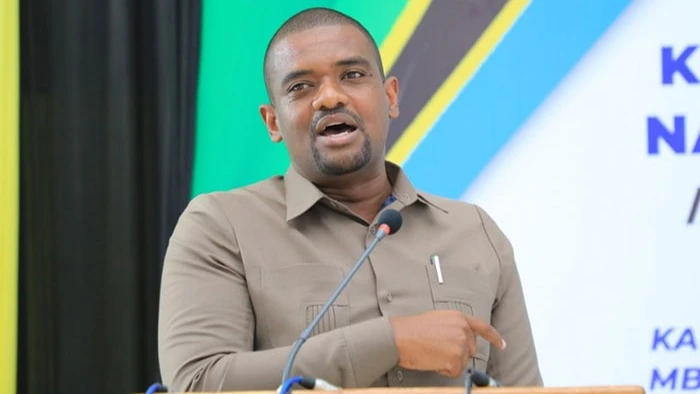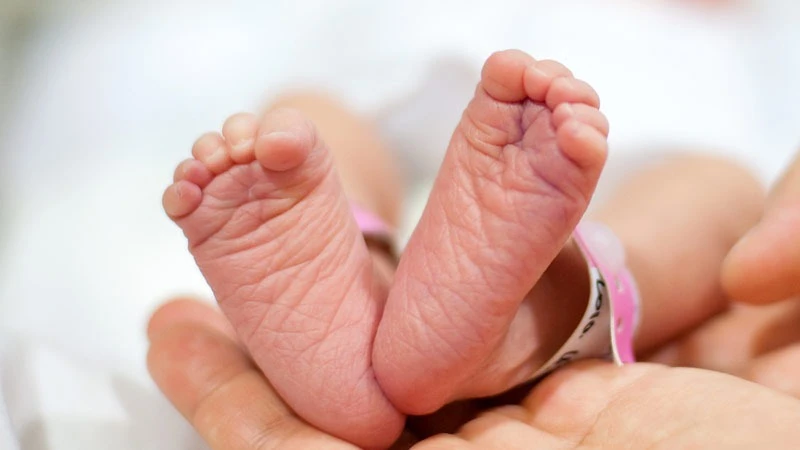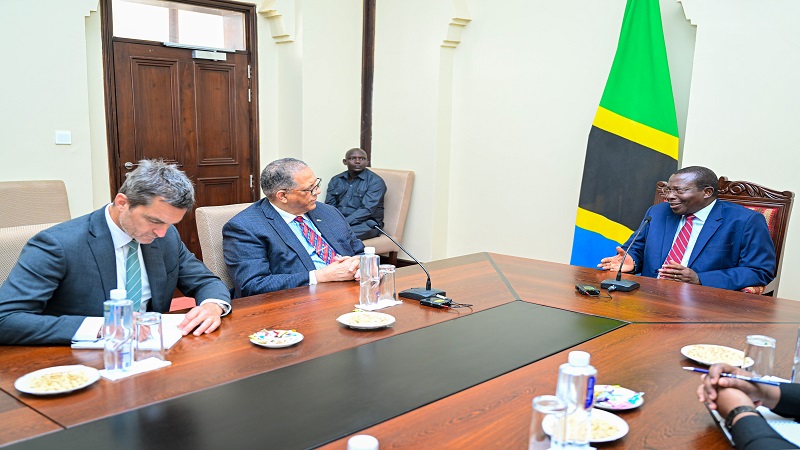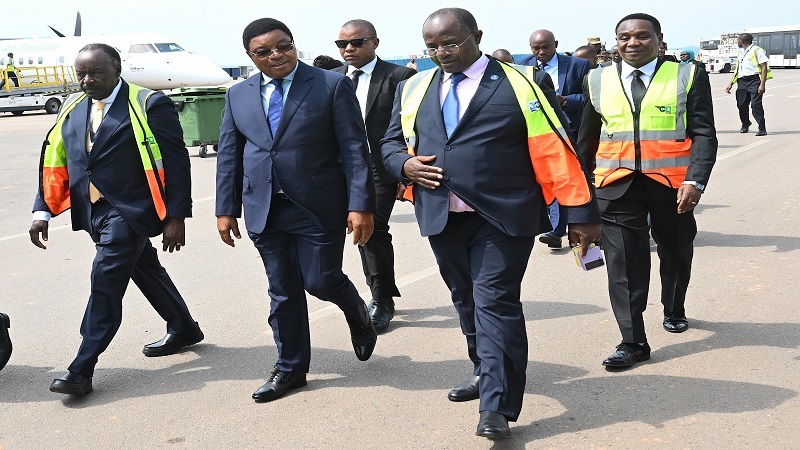Belt and Road Initiative brings unprecedented development opportunities to Kenya, says expert
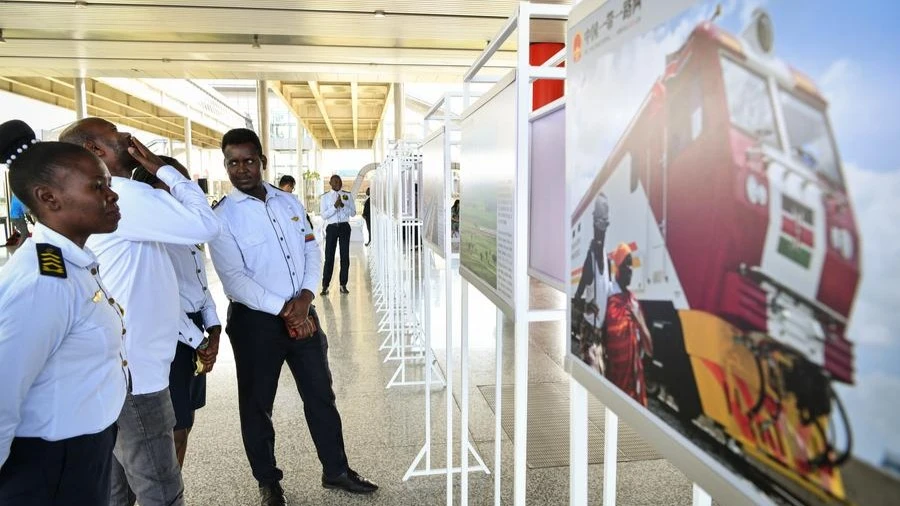
The China-proposed Belt and Road Initiative (BRI) has driven infrastructure development and economic growth in Kenya, facilitated economic cooperation and cultural exchanges between regions, and brought unprecedented opportunities for the country’s development, said a Kenyan expert.
Dennis Munene Mwaniki, executive director of the China-Africa Center at Kenya’s Africa Policy Institute, told Xinhua in a recent interview that the BRI has achieved remarkable results since its proposal, having greatly benefited Kenya as one of the key participating countries.
“Infrastructure development is a particular area where Kenya has seen significant improvements through participation in multiple BRI projects, such as the Standard Gauge Railway (SGR) and the expansion of the Mombasa Port,” he said. “These projects have enhanced domestic transportation and connectivity with neighboring countries.”
The SGR project is one of the most important infrastructure projects in Kenya in recent years, not only connecting major cities like Nairobi and Mombasa but also extending further to Rwanda and the Democratic Republic of the Congo, Mwaniki said.
This cross-regional connectivity has boosted trade between Kenya and its neighbors while strengthening economic cooperation and cultural exchanges across Africa, he added. As the SGR project continues to improve and operate, Kenya’s logistics efficiency is expected to rise, fueling long-term economic growth.
Underscoring the BRI’s key role in driving the transition to clean energy in Africa, Mwaniki noted that China, a leader in new energy technology, has partnered with Kenya on several renewable energy projects, including solar and wind power development. These collaborations have bolstered Kenya’s energy independence and supported the broader green transformation across Africa.
“China has helped African countries cultivate young talents and enhance their capabilities in the field of new energy technology through scholarships, financial support, and technology transfer,” he said.
Mwaniki also praised the BRI for countering the rise of anti-globalization and trade protectionism, which have posed significant challenges to the global economy.
The BRI has revitalized globalization by promoting international cooperation and trade, helping to reduce regional conflicts and maintain global peace and stability, he said.
In response to Western criticism of the BRI, Mwaniki said such negative views are driven by the self-interest of certain countries or groups, noting the BRI has had a significant impact on Africa, driving infrastructure development and boosting the continent’s position in global development.
“These opposing voices may originate from countries or groups that wish to keep Africa underdeveloped because they benefit from Africa’s underdevelopment,” he said. “However, the arrival of the BRI has brought change to the African continent, giving African countries more voice and self-development capabilities.”
Mwaniki expressed confidence that the BRI will continuously expand its scope and impact as more countries join and cooperation deepens, injecting new momentum into the global economy. “Kenya will continue to actively participate in various cooperation projects under the BRI, jointly address global challenges, and contribute to promoting regional cooperation and development,” he said.
Xinhua
Top Headlines
© 2025 IPPMEDIA.COM. ALL RIGHTS RESERVED








